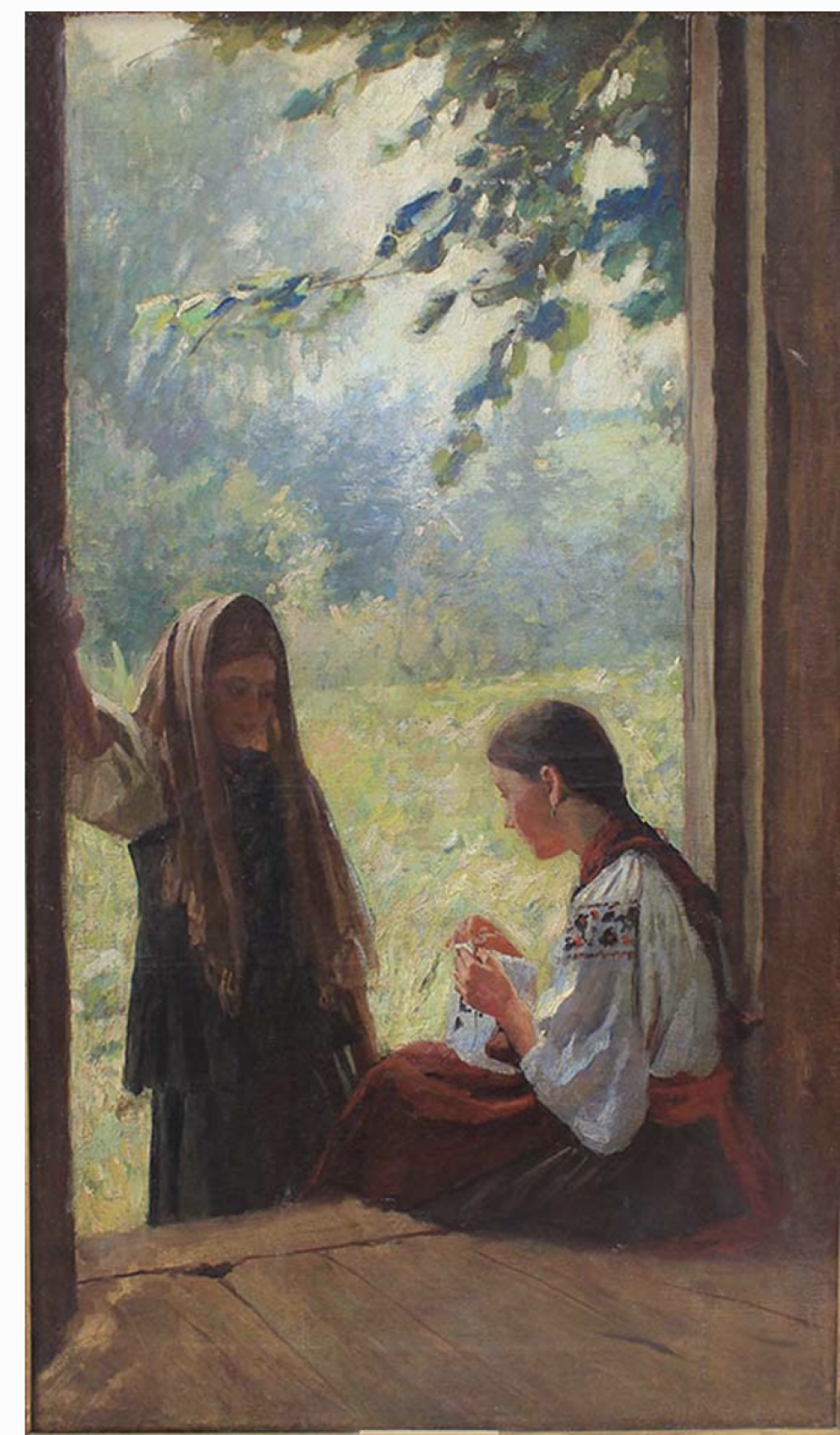Join us for another 19v seminar - the first of the summer series!
Судьба и творчество Марии Вилинской-Маркович (псевдоним – Марко Вовчок) сыграли важную роль в развитии женского письма и прозы о крестьянах в украинской и русской литературах. Три сборника ее народных рассказов из украинского и русского быта (1858, 1859, 1861) стали литературной и даже политической сенсацией. Если украинские рассказы Вовчок существенно повысили культурный престиж украинского языка в Российской империи и позже вошли в канон украинской литературы, судьба рассказов Маркович о русских крестьянах сложилась совершенно иначе и совсем не так благополучно. Чтобы объяснить причины столь разной репутации, в докладе будет представлен компаративный анализ типа наррации, жанрового модуса и социального воображаемого в украинских и русских рассказах Марко Вовчок. Результаты анализа показывают, что украинские и русские рассказы Маркович существенно отличаются в жанровом и сюжетном плане. Уровень и формы домашнего и межсословного насилия в русских рассказах настолько выше и разнообразнее, чем в украинских, что это превращает русские рассказы в аналог женского социального романа (feminine social novel) и мелодрамы. В заключении доклада будет показано, как русские критики и писатели (Н.А. Добролюбов и Ф.М. Достоевский) дискредитировали эстетическую ценность русских рассказов Вовчок и тем самым предопределили ее исключение из русского литературного канона.
The literary fate of Mariia Vilinskaia-Markovich (pseudonym - Marko Vovchok) and her work has played an important role in the history of writing by women and writing about the peasantry in Ukrainian and Russian literatures. Vovchok’s three collections of folk stories from Ukrainian and Russian life (1858, 1859, 1861) were literary and even political sensations. While her Ukrainian stories significantly raised the cultural prestige of the Ukrainian language in the Russian Empire and were later included in the canon of Ukrainian literature, Vovchok’s stories about Russian peasants met with a very different and much less propitious fate. In order to explain the diverging trajectories of her Ukrainian and Russian reputations, we examine the stories from each tradition comparatively according to types of narration, generic modes, and the social imaginary. The results of our analysis demonstrate that her Ukrainian and Russian stories differ significantly in terms of both genre and plot. Moreover, the greater level of violence — both domestic and between sosloviia — and the wider range of forms assumed by such violence in Vovchok’s Russian stories transforms these into an analog of the feminine social novel and melodrama. We conclude by showing how Russian critics and writers (Dobrolyubov and Dostoevsky) discredit the aesthetic value of Vovchok's Russian short stories and thereby predetermine her exclusion from the Russian literary canon.
This talk is given in Russian.
Watch the event recording on YouTube here.



